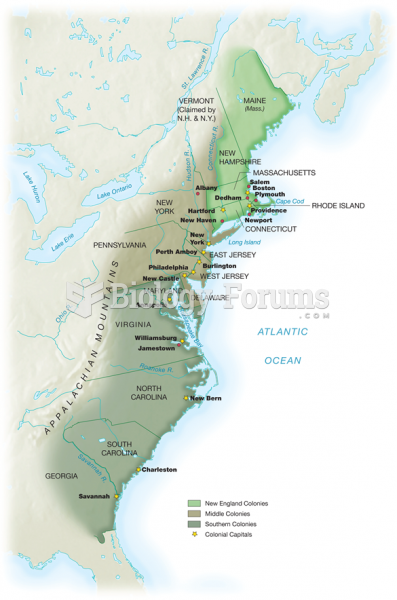|
|
|
Blood is approximately twice as thick as water because of the cells and other components found in it.
Nearly 31 million adults in America have a total cholesterol level that is more than 240 mg per dL.
The immune system needs 9.5 hours of sleep in total darkness to recharge completely.
Normal urine is sterile. It contains fluids, salts, and waste products. It is free of bacteria, viruses, and fungi.
For about 100 years, scientists thought that peptic ulcers were caused by stress, spicy food, and alcohol. Later, researchers added stomach acid to the list of causes and began treating ulcers with antacids. Now it is known that peptic ulcers are predominantly caused by Helicobacter pylori, a spiral-shaped bacterium that normally exist in the stomach.







